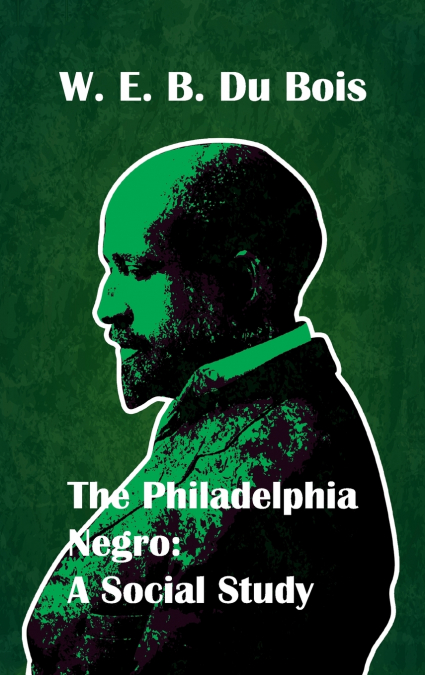
 Librería Perelló (Valencia)
Librería Perelló (Valencia)
 Librería Aciertas (Toledo)
Librería Aciertas (Toledo)
 El AlmaZen del Alquimista (Sevilla)
El AlmaZen del Alquimista (Sevilla)
 Librería Elías (Asturias)
Librería Elías (Asturias)
 Librería Kolima (Madrid)
Librería Kolima (Madrid)
 Donde los libros
Donde los libros
 Librería Proteo (Málaga)
Librería Proteo (Málaga)
W. E. B. Du Bois’s groundbreaking social study of black Americans living in Philadelphia at the end of the 1800s remains an outstanding and thorough example of sociology.Using knowledge gained from research of black neighborhoods during his time at the University of Pennsylvania, Du Bois was determined to create an all-embracing profile of urban black American society. Some three years of intensive research, interviews, and statistical gathering went into The Philadelphia Negro; it revealed endemic social prejudices and the abject poverty which many black Americans endured. The area studied was the Seventh Ward - a borough of Philadelphia which included the impoverished black ghetto, the striving middle-classes, and even affluent whites.For Du Bois, the root causes of the social divide were ingrained negative perceptions towards black Americans, such as the notion that black workers are innately dishonest or indolent. Incidents of racial discrimination, whereby blacks in a line of business or seeking employ are turned aside on the basis of skin color, are numerous. More positively, the author unearthed multiple appraisals from those who had employed black workers - some only as a last resort - who became very impressed at their employee’s diligence, ability and passion.Spanning the education, recreation, work, housing and environment conditions, and much more besides, The Philadelphia Negro remains a landmark text of sociology.